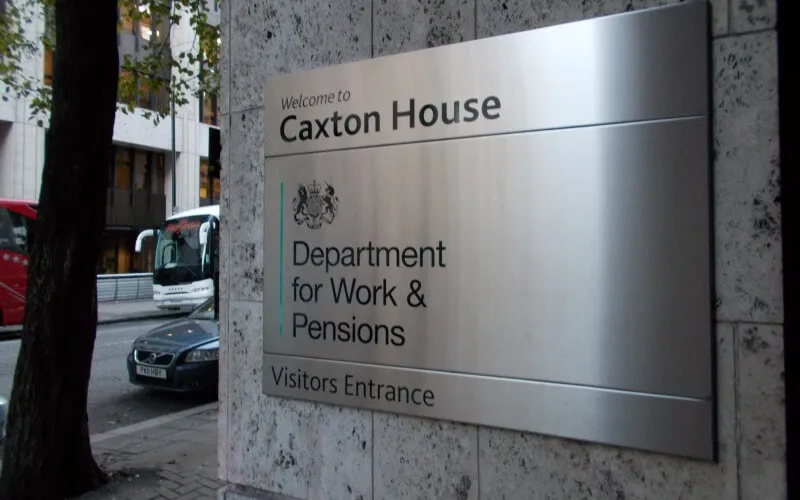The number of disabled people who have had deductions taken from their benefits because of financial hardship has rocketed in the last year, new government figures have shown.
The figures show a 29 per cent rise in the number of homes where there was both an adult receiving the out-of-work disability element of universal credit and a deduction from the monthly universal credit payment.
Such deductions* can be taken by the Department for Work and Pensions (DWP) to pay back part of an advance payment – loans paid by DWP to those in financial hardship – or money owed for electricity bills, council tax, rent or other debts.
The figures, obtained by Labour MP Rachael Maskell, show an increase between September 2021 and August 2022 from 497,000 to nearly 641,000 in the number of households with a universal credit claimant who had been assessed as having limited capability for work and a deduction by DWP that month.
The figures also show a similar increase in the number of universal credit households that receive an additional payment for a disabled child and had money deducted from their monthly universal credit allowance.
The number of universal credit households with a disabled child element and a deduction rose from 107,700 in September 2021 to 135,000 in August 2022, an increase of 25 per cent.
The overall increase in the number of households receiving universal credit increased by less than three per cent (2.8 per cent) over the same period.
Adding the two groups together – households with a claimant in the limited capability for work group and those receiving a disabled child element – the number of those with a deduction rose from 604,400 in September 2021 to 775,500 in August 2022, an increase of 28 per cent.
Maskell did not respond to requests to comment on the figures this week.
Disability News Service has also reported this week (see separate story) how disabled people in Scotland have spoken of cutting back on heating and food, avoiding charging their feeding pumps, and worrying about surviving the colder months, even before the onset of winter.
Research by Greater Manchester Disabled People’s Panel reported in October how disabled people were being “forgotten and effectively abandoned”, forced to rely on foodbanks, and having to cut back on how much they eat, because of the cost-of-living crisis.
And the Disability Poverty Campaign Group and the Disability Benefits Consortium warned in a letter to the prime minister in September that some disabled people were rationing their use of vital medical equipment such as oxygen concentrators, while others were turning off their heating, even if they needed it because they were unable to regulate their body temperature.
A DWP spokesperson declined to offer an explanation for the huge increase in households with disabled members having deductions taken from their universal credit every month, or to say if the figures were a concern for the minister for disabled people, Tom Pursglove, or to say if they were further evidence that the government and DWP needed to do more to support disabled people through the cost-of-living crisis.
But the spokesperson said in a statement: “Deductions help protect claimants from enforcement actions such as eviction, ensure priority debts such as child maintenance are still addressed and help to recover taxpayers’ money, such as when overpayments are made.
“We have to strike the right balance between ensuring those protections are in place and allowing claimants to retain as much of their award as possible for day-to-day needs.”
*They do not include payments taken off for benefit sanctions, which are described as “reductions” of benefit rather than “deductions”
A note from the editor:
Please consider making a voluntary financial contribution to support the work of DNS and allow it to continue producing independent, carefully-researched news stories that focus on the lives and rights of disabled people and their user-led organisations.
Please do not contribute if you cannot afford to do so, and please note that DNS is not a charity. It is run and owned by disabled journalist John Pring and has been from its launch in April 2009.
Thank you for anything you can do to support the work of DNS…

 Government ignores warnings of new DWP deaths, and UN intervention, as MPs pass universal credit cuts bill
Government ignores warnings of new DWP deaths, and UN intervention, as MPs pass universal credit cuts bill Urgent letter from UN to Labour government warns: We think your cuts continue Tory attack on disability rights
Urgent letter from UN to Labour government warns: We think your cuts continue Tory attack on disability rights Race against time to secure DWP deaths evidence before parliament passes new benefit cuts bill
Race against time to secure DWP deaths evidence before parliament passes new benefit cuts bill